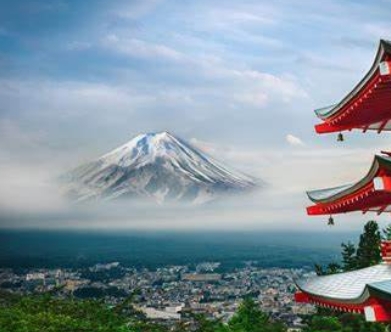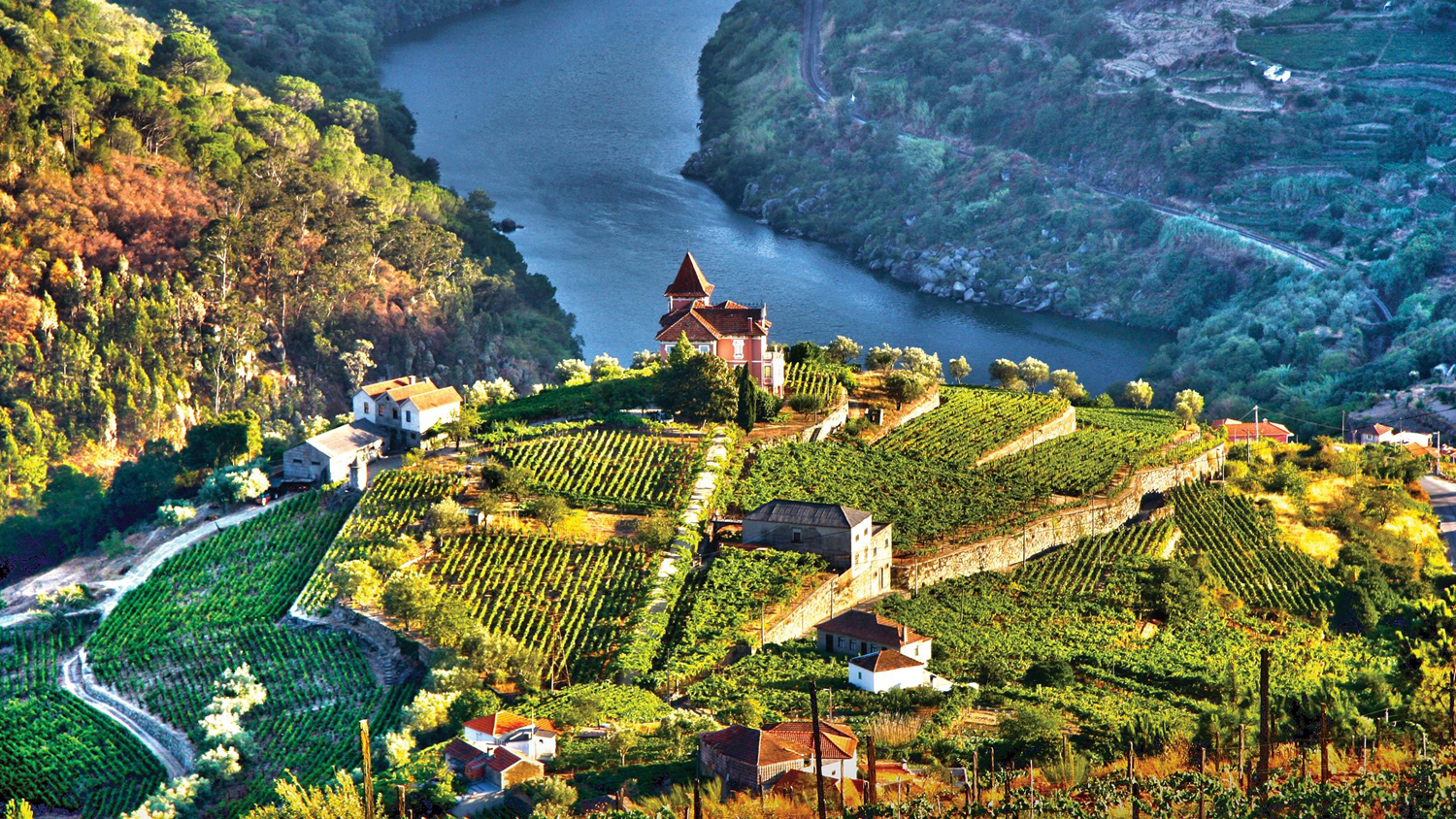Japan is a country where ancient traditions seamlessly coexist with cutting-edge technology and innovation, making it a fascinating destination for travelers from around the world. From the tranquil beauty of Kyoto’s temples to the bustling streets of Tokyo, Japan offers a unique blend of cultural experiences, modern conveniences, and stunning natural landscapes. Recently, Japan has become a frontrunner in promoting sustainable tourism, ensuring that future generations can continue to enjoy its rich heritage and pristine nature. Whether you’re exploring its world-class cities, hiking through verdant forests, or savoring its culinary delights, Japan offers an unforgettable journey for all types of travelers.
Sustainable Tourism: Protecting Japan’s Heritage and Environment
As a nation that cherishes its deep-rooted cultural traditions and pristine natural landscapes, Japan is committed to sustainable tourism practices that help protect both its heritage and environment. The country’s efforts to integrate sustainability into its tourism sector have gained significant traction in recent years, particularly in eco-tourism destinations like Hokkaido and Okinawa.
In Kyoto, a city renowned for its ancient temples, shrines, and gardens, there is a growing emphasis on preserving its cultural assets while promoting responsible tourism. Initiatives like limiting the number of visitors to certain cultural sites and promoting eco-friendly transportation options, such as electric bikes and public transit, help reduce the environmental impact of tourism. Moreover, many of Kyoto’s hotels, temples, and attractions are now implementing sustainable practices, such as using renewable energy, reducing waste, and promoting local craftsmanship.
In rural Japan, eco-friendly accommodations such as sustainable ryokan (traditional inns) and farm stays offer visitors a chance to experience Japan’s natural beauty while supporting the preservation of its environment. These accommodations often source ingredients locally, support organic farming practices, and promote conservation efforts that help maintain the country’s landscapes.
Innovative Green Cities: Tokyo’s Sustainable Transformation
Tokyo, one of the world’s most technologically advanced cities, is also a leader in sustainable urban development. The Japanese capital has made significant strides in becoming a more eco-friendly and energy-efficient city. From green skyscrapers to smart transportation systems, Tokyo is paving the way for a future where innovation and sustainability go hand in hand.
One of the key areas where Tokyo excels in sustainability is in its public transportation system. The city’s extensive network of subways, trains, and buses makes it easy for travelers to navigate without relying on cars, reducing congestion and carbon emissions. Many hotels in Tokyo also embrace green building certifications, offering travelers eco-conscious accommodations that incorporate energy-efficient technology, waste-reducing practices, and locally sourced materials.
Tokyo’s parks and green spaces, such as Ueno Park and Shinjuku Gyoen, provide peaceful havens where visitors can relax amidst nature. These areas are carefully managed to ensure that they remain sustainable, with efforts focused on preserving native plants and promoting biodiversity. In addition, the city is investing in green roofs and vertical gardens to combat urban heat islands and improve air quality.
Japan’s Culinary Tradition: Sustainable Dining with Fresh, Local Ingredients
Japan is renowned for its cuisine, which emphasizes fresh, seasonal ingredients and delicate flavors. The country’s sustainable food practices are rooted in a long tradition of using local and seasonal produce, making it an ideal destination for eco-conscious travelers who appreciate dining that respects the environment.
In cities like Tokyo, Osaka, and Kyoto, farm-to-table restaurants are becoming increasingly popular, where chefs source their ingredients from local farms and fish markets. Many of these restaurants focus on using organic and sustainably sourced products, minimizing food waste, and supporting local agriculture. For example, the famous Tsukiji Fish Market in Tokyo, which has shifted operations to Toyosu, now promotes sustainable seafood by encouraging the use of responsibly caught fish and eliminating the sale of endangered species.
In rural areas like Hokkaido and Okinawa, farm stays and culinary tours allow travelers to experience the country’s agricultural heritage firsthand. Visitors can learn about traditional farming practices, such as the cultivation of rice, tea, and vegetables, while enjoying meals prepared with ingredients grown on-site. These experiences not only offer a taste of Japan’s natural bounty but also support sustainable farming practices that prioritize environmental health.
Cultural Heritage: Preserving Ancient Traditions for the Future
Japan’s cultural heritage is an essential part of the country’s identity, and efforts to preserve its ancient traditions are at the heart of its sustainable tourism initiatives. From the arts of tea ceremonies and calligraphy to traditional crafts like pottery and textile weaving, Japan’s cultural practices are rooted in respect for nature and craftsmanship.
In cities like Kyoto and Kanazawa, travelers can immerse themselves in Japan’s cultural heritage by visiting traditional arts and crafts workshops, where artisans create exquisite works using techniques passed down through generations. Many of these artisans are committed to preserving their craft in a sustainable way, using natural materials and traditional methods that have minimal impact on the environment.
Japan’s UNESCO World Heritage Sites, such as the ancient temples of Nara and the shrines of Ise, are also focal points for cultural preservation. The Japanese government and local communities are working together to protect these sites from over-tourism and ensure they remain intact for future generations. At the same time, these sites offer travelers the chance to experience Japan’s rich history and spirituality in an authentic and meaningful way.
Outdoor Adventures: Connecting with Nature in Japan’s Scenic Landscapes
Japan’s diverse landscapes provide an abundance of opportunities for outdoor adventures, from the snow-capped mountains of the Japanese Alps to the tropical beaches of Okinawa. Many of these areas are becoming popular destinations for eco-tourism, with an emphasis on minimizing the environmental impact of outdoor activities and promoting sustainable practices.
In Hokkaido, Japan’s northernmost island, visitors can enjoy hiking, skiing, and wildlife watching in pristine natural environments. The region is home to national parks like Daisetsuzan and Shikotsu-Toya, where travelers can explore unspoiled landscapes, encounter rare wildlife, and learn about conservation efforts aimed at preserving the area’s biodiversity. Hokkaido is also famous for its hot springs, many of which are set in beautiful natural surroundings, offering visitors a chance to relax while enjoying the therapeutic benefits of the region’s geothermal waters.
On the islands of Okinawa, known for their lush forests, coral reefs, and crystal-clear waters, eco-tourism is becoming increasingly popular. Sustainable diving and snorkeling tours allow travelers to explore Okinawa’s rich marine life while supporting efforts to protect its coral reefs. In addition, visitors can participate in nature walks and hiking tours that promote environmental education and encourage respect for the local ecosystem.
Wellness Tourism: Rejuvenating the Mind, Body, and Spirit in Japan
Japan’s wellness tourism is experiencing a boom, with an increasing number of travelers seeking to rejuvenate both physically and mentally in serene, tranquil settings. From traditional hot spring baths to Zen meditation retreats, Japan offers a wealth of opportunities for those looking to restore balance and tranquility in their lives.
Japan’s hot springs, or onsen, are one of the most popular wellness experiences for travelers. The therapeutic waters, rich in minerals, are said to help with a variety of health concerns, from improving circulation to alleviating stress. In regions like Hakone and Beppu, visitors can soak in natural hot springs while surrounded by breathtaking mountain scenery, enjoying the healing properties of the waters in a peaceful, eco-friendly environment.
For those seeking mental and spiritual rejuvenation, Japan’s Zen temples offer meditation retreats where travelers can learn the art of mindfulness in a serene and sacred setting. These retreats often incorporate traditional practices such as tea ceremonies and calligraphy, providing a holistic approach to wellness that nurtures both the body and mind.
Conclusion: Japan – A Destination for the Future of Travel
Japan’s commitment to sustainability, along with its rich cultural heritage and stunning landscapes, makes it an ideal destination for travelers looking to explore the world in an eco-conscious way. Whether you’re immersing yourself in traditional culture, savoring sustainable cuisine, or embarking on an outdoor adventure, Japan offers a unique blend of old and new that is both enriching and responsible. As the country continues to prioritize sustainability and innovation, it remains a top destination for those who want to experience the best of both tradition and modernity in a way that respects the environment and future generations.




